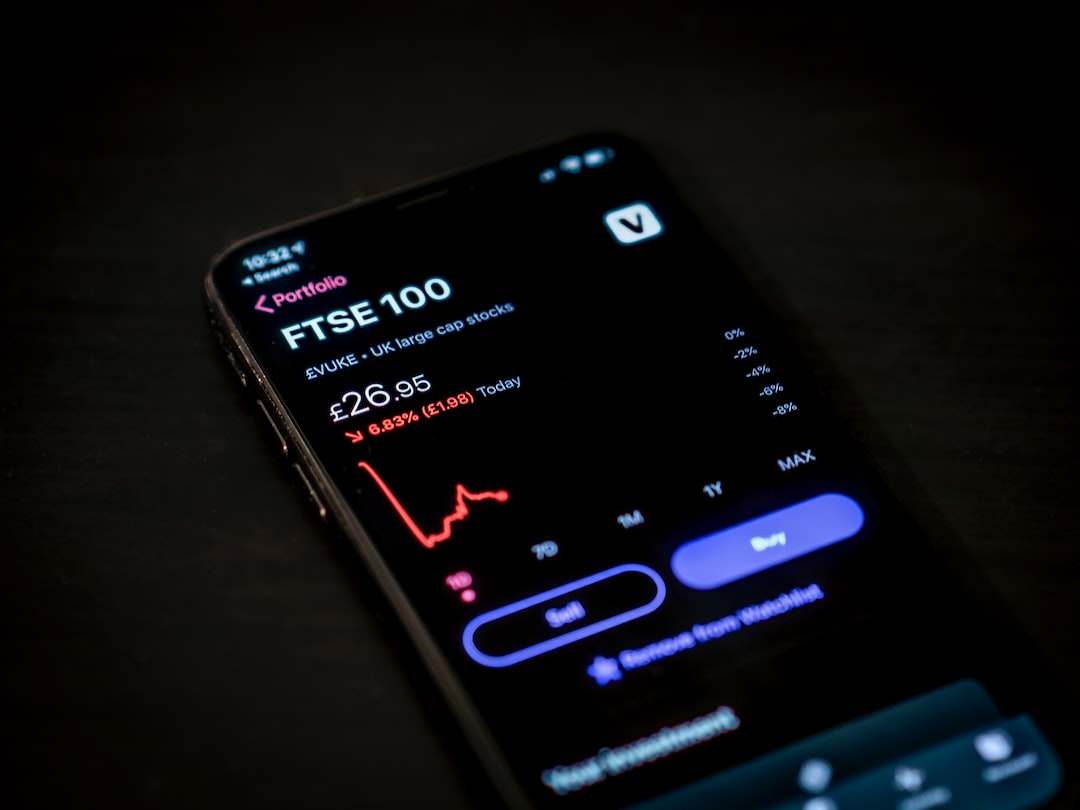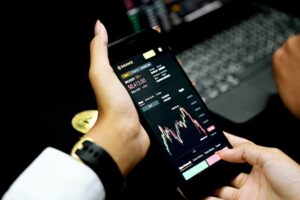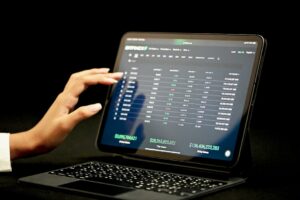Demystifying Raw Spread Forex Brokers: What They Are and How They Work
In the world of forex trading, there are various types of brokers available to cater to different trading needs. One such type is the raw spread forex broker. While many traders may have heard of this term, not everyone is familiar with what it actually means and how it works. In this article, we aim to demystify raw spread forex brokers, shedding light on their characteristics, advantages, and how they operate.
To understand what a raw spread forex broker is, let’s first delve into the concept of spreads. In forex trading, a spread refers to the difference between the bid and ask prices of a currency pair. It represents the cost that traders incur when entering a trade. Brokers typically offer two types of spreads – fixed spreads and variable spreads.
Fixed spreads remain constant regardless of market conditions, providing traders with a predictable cost of trading. On the other hand, variable spreads fluctuate depending on market liquidity and volatility. This means that variable spreads can widen or narrow, potentially resulting in higher or lower trading costs for traders.
Raw spread forex brokers fall into the category of variable spreads. However, what sets them apart is the absence of any markup or additional fees added to the spreads they offer. In other words, raw spread brokers provide traders with direct access to interbank liquidity without any interference or manipulation. This transparency ensures that traders receive the tightest spreads available in the market.
So how do raw spread forex brokers operate? These brokers typically have direct connections with multiple liquidity providers, such as banks, financial institutions, and other market participants. They aggregate prices from these liquidity sources and display them to traders without any additional markups.
When a trader places a trade with a raw spread broker, the order is routed directly to the liquidity provider offering the best price at that moment. This allows for faster execution and ensures that traders get the best possible deal, with minimal slippage.
One of the key advantages of trading with a raw spread forex broker is the potential for lower trading costs. Since there are no markups or additional fees added to the spreads, traders can enjoy tighter spreads, resulting in lower transaction costs. This can be particularly beneficial for high-volume traders or scalpers who rely on tight spreads to maximize their profits.
Additionally, raw spread brokers often have a more transparent pricing model compared to brokers with fixed spreads. As the spreads are directly sourced from liquidity providers, traders can have confidence in the accuracy and fairness of the pricing. This transparency helps build trust between the broker and the trader, ensuring a more reliable trading environment.
It’s worth noting that while raw spread brokers offer tighter spreads, they may charge a commission on each trade. This commission-based structure is a way for the broker to generate revenue since they don’t add markups to the spreads. Traders should consider this factor when choosing a raw spread broker and assess whether the benefits of tighter spreads outweigh the commission costs.
In conclusion, raw spread forex brokers provide traders with direct access to interbank liquidity without any markups or additional fees. They source prices from multiple liquidity providers, offering tighter spreads and potentially lower trading costs. The transparency and fairness of their pricing model make them an attractive option for traders looking for a more transparent trading environment. However, traders should carefully consider the commission structure associated with raw spread brokers before making a decision.






